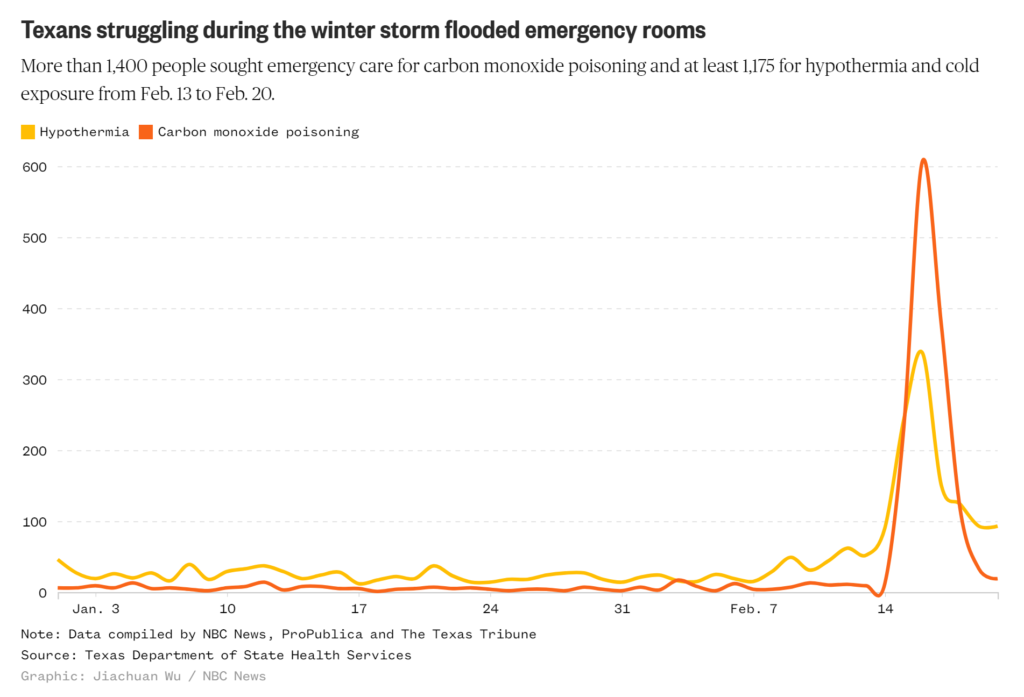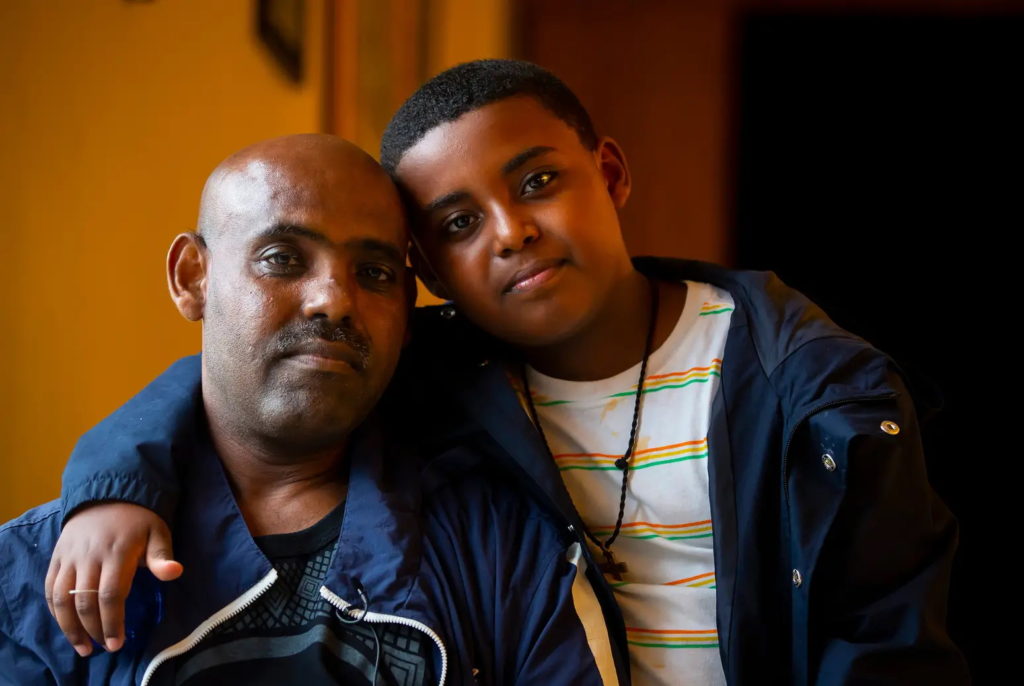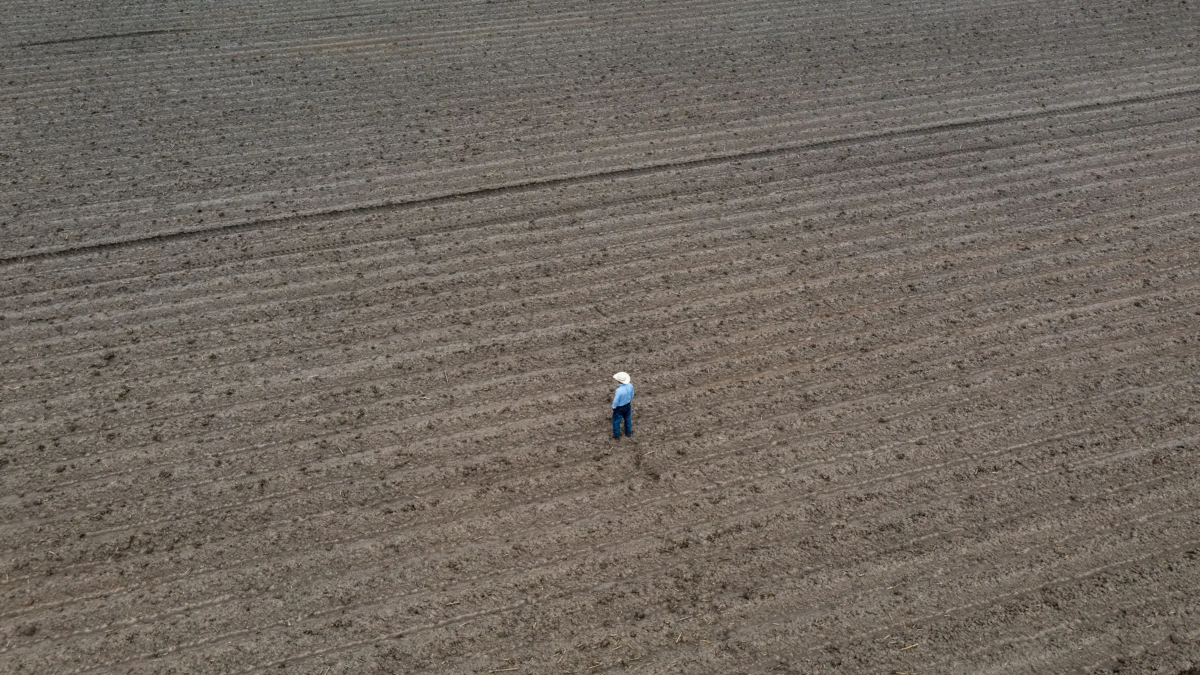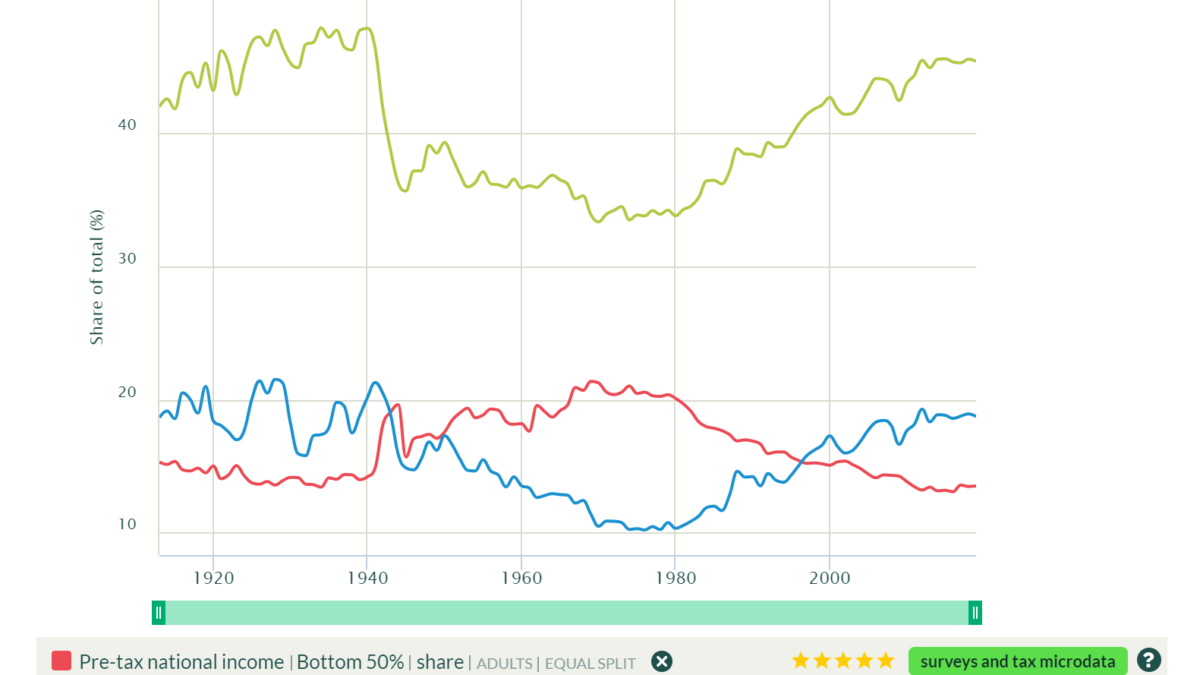Texas enabled the worst carbon monoxide poisoning catastrophe in recent U.S. history

By Mike Hixenbaugh, Suzy Khimm, Perla Trevizo, , Ren Larson, and Lexi Churchill
29 April 2021
HOUSTON (The Texas Tribune) – When Shalemu Bekele awoke on the morning of 15 February 2021, the townhouse he shared with his wife and two children was so cold, his fingers felt numb.
After bundling up in extra layers, Bekele looked out a frosted window: A winter storm had swept across Texas, knocking out power to millions of homes, including his own, and blanketing Houston in a thin layer of icy snow.
“It was beautiful,” Bekele, 51, recalled thinking as he headed outside to snap photos of his two children, ages 7 and 8, playing in their first snow. After a few minutes, he sent them back inside to warm up under blankets as he cleared ice off his car, unsure if he would be expected to drive into work.
Bekele’s wife, Etenesh Mersha, 46, meanwhile, made a fateful decision, one repeated by scores of Texas residents who lost electricity that week. Desperate to warm up, she went into their attached garage and turned the key to start her car. As the engine hummed, it provided power to run the car’s heater and charge her phone while she talked to a friend in Colorado — at the same time, filling her garage and home with a poisonous gas.
There was no carbon monoxide alarm in place to warn the family of the invisible danger. None was required under local or state law.
When Bekele went back inside 30 minutes later, he found Mersha slumped over in the driver’s seat, poisoned by the fumes flowing from the car’s tailpipe. Confused, he shook her and called her name. Still on the line, the friend in Colorado pleaded over the car’s speakers for someone to explain what was happening.
Not knowing what else to do, Bekele, a devout Christian, ran and grabbed holy water from inside and splashed it on his wife’s face, as his children cried and shouted: “What’s wrong with Mama? What’s happening?”
That’s when Mersha vomited. Suddenly starting to feel ill himself, Bekele wondered if they’d all been sickened by the eggs he’d made for breakfast. Panicked, he sent the kids inside to grab towels to clean up their mother. Before they could return, both children collapsed onto the floor inside.
Bekele fainted next, landing with a thud on the garage’s concrete floor as the car continued to run.

After the power flicked off in millions of homes across Texas during the state’s historic freeze in mid-February, families like Bekele’s faced an impossible choice: risk hypothermia or improvise to keep warm. Many brought charcoal grills inside or ran cars in enclosed spaces, either unaware of the dangers or too cold to think rationally.
In their desperation, thousands of Texans unwittingly unleashed deadly gases into homes and apartments that, in many cases, were not equipped with potentially lifesaving carbon monoxide alarms, resulting in the country’s “biggest epidemic of CO poisoning in recent history,” according to Dr. Neil Hampson, a retired doctor who has spent more than 30 years researching carbon monoxide poisoning and prevention. Two other experts agreed.
In the aftermath of the unprecedented wave of poisonings two months ago, Texas lawmakers have taken few steps to protect residents from future carbon monoxide catastrophes. That choice caps more than a decade of ignored warnings and inaction that resulted in Texas being one of just six states with no statewide requirement for carbon monoxide alarms in homes, ProPublica, The Texas Tribune, and NBC News found. [more]
Texas enabled the worst carbon monoxide poisoning catastrophe in recent U.S. history


